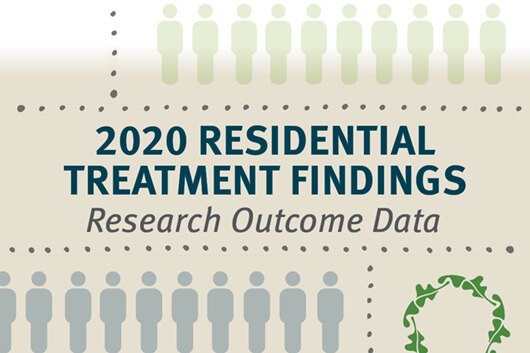Substance use disorders are difficult to understand for many people. The physical and mental aspects of any substance disorder are complicated and unique to the individual suffering. The differences between physical and psychological dependency vary but have some similarities. It helps to know what to look for as a means of helping a loved one cope with the challenges.
Physical Dependency
Dependency on substances starts with the brain and works its way through the body. Symptoms of physical dependence occur when the substance is no longer present or not enough is taken to give the same effect. Physical dependency requires higher levels of the drug to keep the symptoms from starting up. Still, the body can only tolerate so much toxicity before it feels overloaded and shuts down. Whether it is a blackout or an overdose, those are both extreme cases of the human body reaching its toxicity limits. Here are some warning signs of physical tolerance deteriorating:
- Inability to quit without help.
- Not taking care of personal hygiene or self-care.
- Substance use takes precedence over everything else.
- Serious withdrawal symptoms.
- Anxiety, panic, and paranoia.
- Insomnia or irregular sleep schedule.
- Depression, feelings of hopelessness, and lack of interest in regular activities.
- Delirium Tremens (DTs) in withdrawal from alcohol, which can be life-threatening.
Physical dependence is very real and risky. Without detox in a supervised environment, there are serious risks, including death. It all depends on how long a person has used a substance, how many they are using, and what they are detoxing from. Symptoms of physical dependency are not limited to the sufferer and may include those in the substance user’s life. The stress and discomfort of withdrawal can consist of fear and anxiety that may manifest in lashing out. Loved ones of those dealing with substance use disorder need to understand that clouded judgment and feelings of desperation and frustration may be taken out on them. Watch for the signs and talk to addiction specialists to start formulating recovery plans.
Psychological Dependency
Psychological dependency is defined as dependence on a substance. While physical dependence is associated with substance use disorders, this does not always happen. Marijuana is often classified as a non-physically addictive substance. Substance use experts classify it as psychologically addictive. The influences behind substance use disorders are complex because they vary from case to case. Brain chemistry can be as unique as fingerprints, so a clear understanding of how substances affect the mental and emotional state is crucial to diagnosis and treatment. Some people believe substances are the only way to stay calm, but they actually make a person more nervous and anxious. The concept that mental disorders are the primary cause of substance use disorders is challenging. These disorders include emotional challenges, cognitive-behavioral disorders, and more. Mental health and addiction professionals are the only ones that should be treating a person with substance use disorder and evaluating their situation. Here are some symptoms and warning signs that will let you know it is time to seek the help of professionals.
- Cravings
- Depressive issues.
- The restlessness that occurs when someone is not using substances.
- Changes in appetite or taste.
- Sleep issues and irregular sleep patterns.
- Uncertainty about being able to stop the substance of choice.
- Obsessing over finding more substances.
- Denial and the dismissive behavior that accompanies it.
Symptoms of psychological dependence are viewed as more variable because people are all different, and brain chemistry can vary. Intensity levels are also different and may be influenced by lifestyle and environmental variables. There is no objective way to measure distress, but a person knows when they experience the symptoms (or loved ones can see it for themselves). Acknowledging the pain and finding the professional help to alleviate it and begin the appropriate therapies are essential first steps in recovery.
Associated Substances
All substances that may be used can cause dependency issues. The aspects of this play into withdrawal and the symptoms that come with it. Not all substances that are used are apparent, and many, like alcohol, nicotine, and prescription drugs are legal and can be found in many homes. Are any of these items readily available to the person with the substance use disorder?
- Cocaine
- Ritalin
- Hallucinogenic substances
- Marijuana
- Inhalants
- Antidepressants
- Opioids
Some addiction therapists believe psychological dependence is tougher to quit and requires more extensive aftercare. Once the substances are out of the body, and the body begins to heal, the person may continue to suffer from the psychological consequences. Finding the right treatment facility and support system can make enduring the symptoms of withdrawal more manageable. For some, these first steps are the hardest parts of the recovery journey and require a full team of support while the brain and body heal.




